team 6
Coordinator teacher: Raül
We will compile folklore and traditions in this page.
Students must collect information about other partners regions in folklore and traditions write it below in alphabetical order, and including the same structure and order as the example provided.
For each example we will provide name (original and English), location, description, picture, link to website about.
Example:
Horon
location: Black Sea region, Turkey
brief description: It's a dance from the Black Sea region of Turkey.
link:https://en.wikipedia.org/wiki/Horon_(dance)
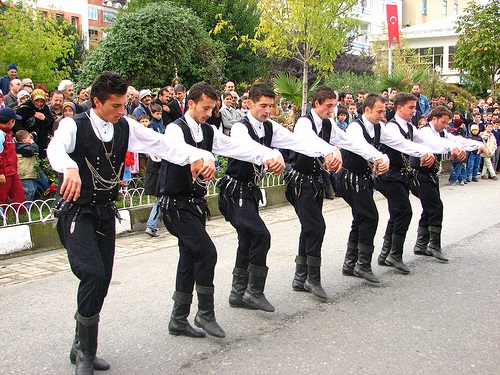
image source: https://pixabay.com/en/turkey-g%C3%BCm%C3%BC%C5%9Fhane-joy-horon-culture-2086072/
student: Tadeo Jones (team 0)
- - - - LET'S GO, HERE BEGINS YOUR WORK - - - -
=======================Student: Carlos Rubiño (team 6) | Search date: =====================
The Medieval Journey in Lands of Santa Maria
Location: Santa Maria da Feira, Portugal
Brief Description: It's one of the biggest medieval recreations of all Europe.
Link: http://www.viagemmedieval.com
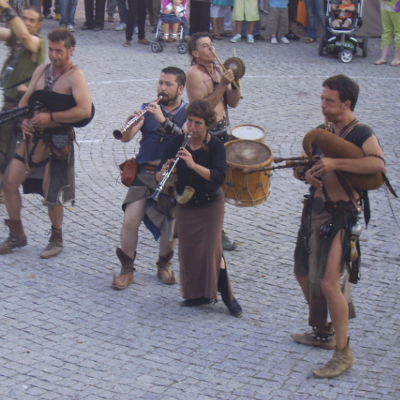
Reviewed by Team 6 (Diogo, Alexandre, David)
================================================================================
=======================Student: Carlos Rubiño (team 6) | Search date: =====================
Nice Carnival
Location: Nice on the French Rivera
Brief Description: It's one of the biggest carnival events on the world.
Link: http://en.nicecarnaval.com
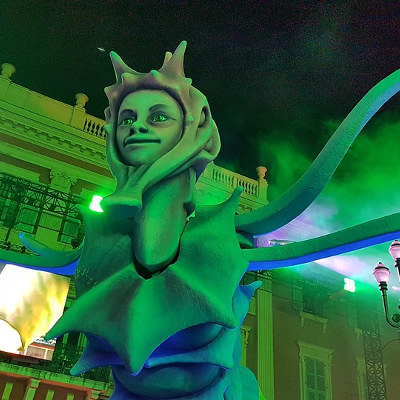
Reviewed by ???
================================================================================
=======================Student: Angel Perez (team 6) | Search date: ======================
Kılıçkalkan
Location: Bursa, Turkey
Link: https://tr.wikipedia.org/wiki/K%C4%B1l%C4%B1%C3%A7kalkan
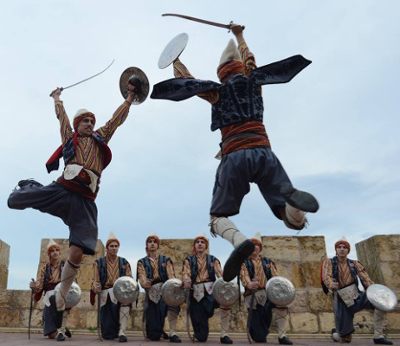
Reviewed by Güngör Turan
================================================================================
=======================Student: Angel Perez (team 6) | Search date: ======================
Dança dos paus (Pauliteiros de Miranda)
Location: Pauliteiros de Miranda do Douro, Portugal
Brief Description: Representative of local historical moments accompanied by the sounds of the gaita-de-foles, bombo and has the peculiarity of being danced only by men.
Link: https://es.wikipedia.org/wiki/Pauliteiros_de_Miranda
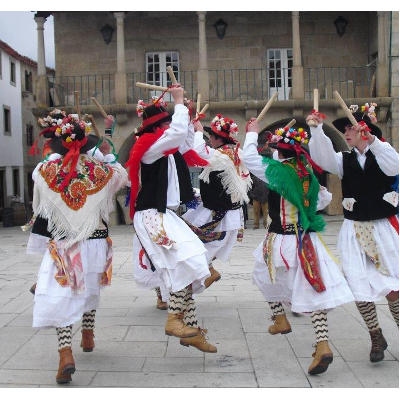
Reviewed by Team 6 (Diogo, Alexandre, David)
================================================================================
=======================Students: Diogo, David (team 6) | Search date: 05/03/2018==================
Nasreddin Hoca
Location: Turkey
Link: https://en.wikipedia.org/wiki/Turkish_folklore#Nasreddin_Hoca
Link: http://www.7wonderstravel.com/blog/2015/12/tales-from-nasreddin-hoca/
Link: https://www.youtube.com/watch?v=S2s_N04WmmY
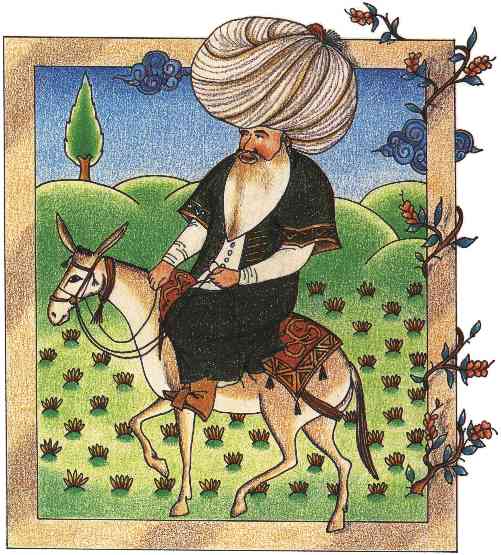
Reviewed by Kadirhan Düdükçü
================================================================================
=======================Student: Diogo (team 6) | Search date: 05/03/2018==================
Trouvère
Location: France
Link: https://en.wikipedia.org/wiki/Trouv%C3%A8re
Link: https://www.youtube.com/watch?v=KP0Lk6_EauE
Link: https://www.youtube.com/watch?v=jQQRe3NK_C8
Reviewed by ???
================================================================================
=======================Student: Diogo, David (team 6) | Search date: 05/03/2018==================
Sardana
Location: Catalonia, Spain
Link: https://en.wikipedia.org/wiki/Sardana
Link: https://www.youtube.com/watch?v=AKirU_LycB4
Link: https://www.youtube.com/watch?v=nf0yO3jLX24
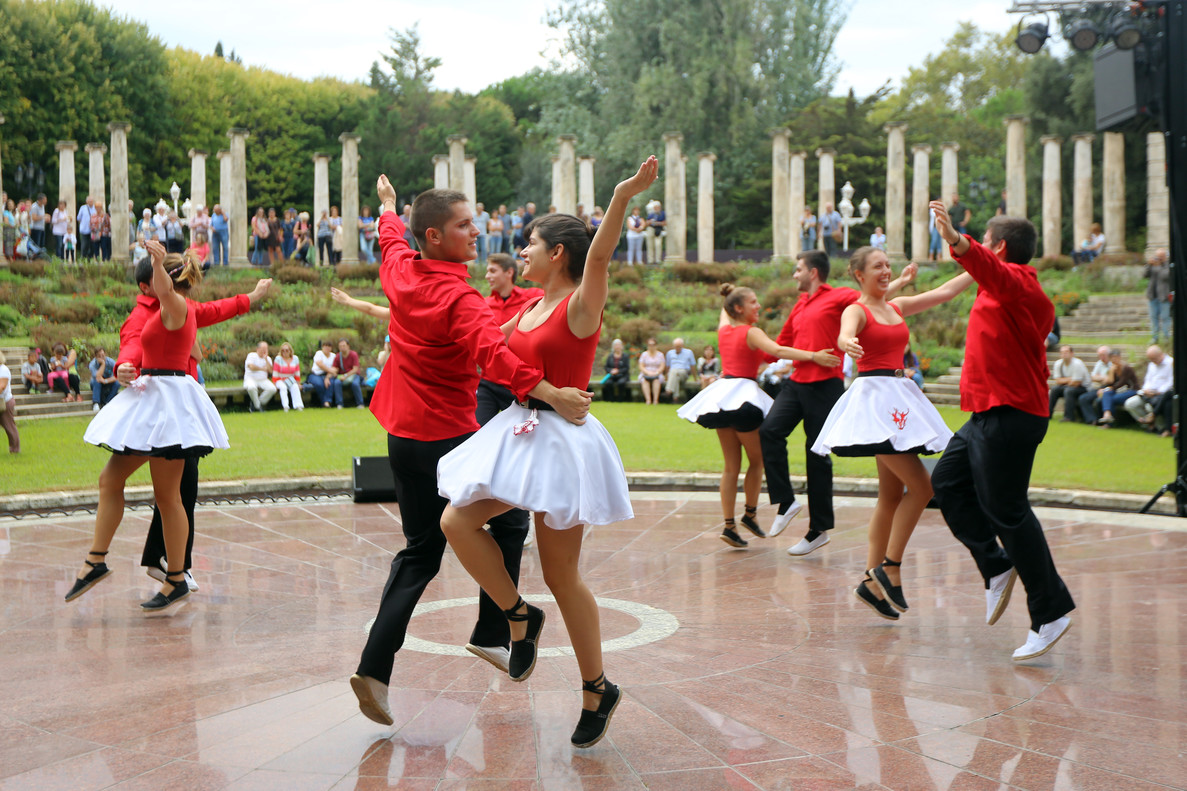
Reviewed by Team 6 (Carlos Rubiño, Ángel Pérez)
================================================================================
Horon
location: East Black Sea region, Turkey
brief description:It is a very fast folk game played by many people, holding hands, holding arms and playing kemençe.
link:http://en.wikipedia.org/wiki/Horon
Reviewed by Mustafa Bilgin
================================================================================
All Saints Day
Location: Spain
Brief description: All Saints' Day is a Christian festival celebrated in honour of all the saints, known and unknown.
Link: https://en.wikipedia.org/wiki/All_Saints%27_Day
Link:https://bit.ly/2I0UKaS
Student: Mustafa Bilgin (team 6)
Reviewed by Team 6 (Carlos Rubiño, Ángel Pérez)
================================================================================
Las Serenatas
Location:Spain
Brief description: If one person serenades another, they sing or play a piece of music for them. Traditionally men did this outside the window of the woman they loved.
Link: https://en.wikipedia.org/wiki/Serenade
Link: https://bit.ly/2JufZRV
Student: Güngör Turan (team 6)
Reviewed by Team 6 (Carlos Rubiño, Ángel Pérez)
================================================================================
Siestas
Location: Spain
Brief description: A siesta, or afternoon nap/rest (between 3p.m. and 5p.m.) is one of the classic Spanish traditions in Hispanic countries.
The three-hour siesta doesn’t necessarily mean nap time for everyone. Some people will take a long lunch, while others will use the break to spend time with their family.
Link: https://takelessons.com/blog/spanish-traditions-z03
Link: https://bit.ly/2HxNO3W
Student: Güngör Turan (team 6)
Reviewed by Team 6 (Carlos Rubiño, Ángel Pérez)
================================================================================
Location: Lisbon, Portugal
Brief description: Fado is generally known for how expressive in nature it is, as well as being profoundly melancholic.
Link: https://portugal.com/portuguese-music/fado-seoul-portuguese-music
Student: Ahmet Başak (team 6)
Reviewed by Team 6 (Diogo, Alexandre, David)
================================================================================
Vira
Location: Minho, Portugal
Brief description: It has a three-step rhythm which is very similar to a waltz, but it is faster and the couples dance front-to-front without holding hands.
Link: https://en.wikipedia.org/wiki/Vira_(dance)
Link: https://www.youtube.com/watch?v=2RsH1nP78as
Student: Kadirhan Düdükçü (team 6)
Reviewed by Team 6 (Diogo, Alexandre, David)
================================================================================
Can-Can
Location: France
Brief description: The can-can is a high-energy, physically demanding dance that became a popular music hall dance in the 1840s, continuing in popularity in French cabaret to this day. Originally danced by both sexes, it is now traditionally associated with a chorus line of female dancers. The main features of the dance are the vigorous manipulation of skirts and petticoats, along with high kicks, splits, and cartwheels.
Link:https://en.wikipedia.org/wiki/Can-can
Link: https://bit.ly/2HXGIXD
Student: Mehmet Tayip Yıldız (team 6)
Reviewed by ???
================================================================================
There are many traditions and folklores in Portugal
Fado is a very popular musical genre in Portugal. The themes sung by the fadista are always melancholic. We talk about unfulfilled love, jalousy , sorrow, exile … It is accompanied with a Portuguese guitar.
The dictator Salazar declared Fado the national song which represents since then, full tradition that has largely crossed the borders!
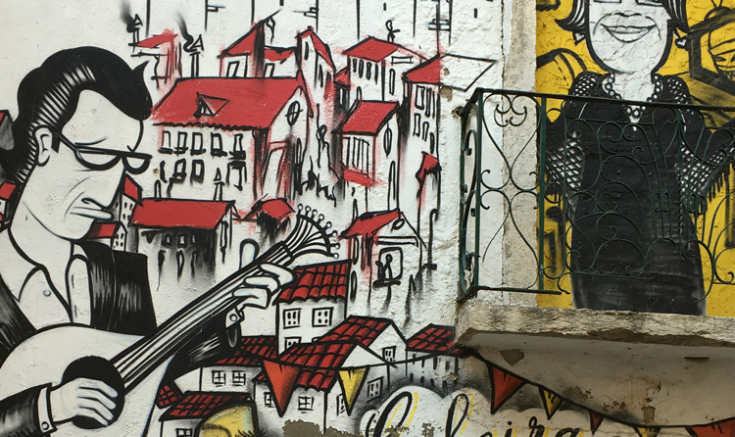
Here’s a Youtube link if you want to listen to this music genre : https://www.youtube.com/watch?v=qHBk5g_Ei38
There are different delightful specialities that amaze the Portuguese and visitors from other countries.
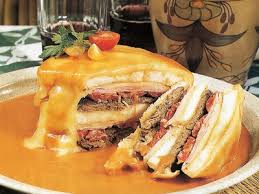
Look at the case of sardines, The “Francesinha” or “Frenchie” which is a very popular sandwich, a sort of “croque monsieur”, much thicker and served with a sauce. The recipe was first made in Porto by a former emigrant who went back to Porto from France.
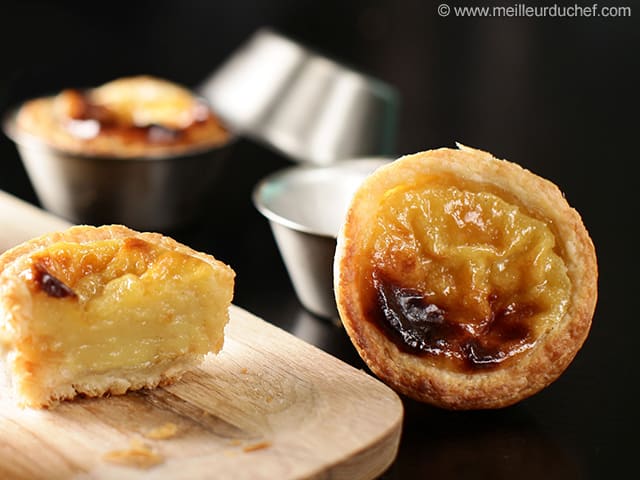
The pastel de nata, a traditional Portuguese pastry, is also very appreciated by the tourists visiting the country, but what a lot of people don’t know, is that when it started to be sold in 1837, it's goal was to save the Hieronymites Monastery.
These different traditions make Portugal a renowned country, where young and aged people love to live.
Student: Neven and Thomas
Reviewed by Team 6 (Diogo, Alexandre, David)
================================================================================
Flamenco
Location: Andalusia, Spain
Brief description:
Flamenco is a song and dance whose origins go back to the Gypsy and Moorish cultures with Arab and Jewish influence.
The culture of flamenco is mainly associated with the region of Andalusia, Spain, as well as Murcia and Extremadura, and has become one of the symbols of Spanish culture.
Link: https://pt.wikipedia.org/wiki/Flamenco
Link: https://youtu.be/Il5DVZGVnD8
Student: Alexandre, David, Diogo (team 6)
Reviewed by ???
================================================================================
Kebab
Location: Anatolia, Turkey
Brief description: Kebabs are various cooked meat dishes, with their origins in Middle Eastern cuisine. Many variants are popular throughout Asia, and around the world.
Link:https://en.wikipedia.org/wiki/Kebab
Student: Güngör Turan (team 6)
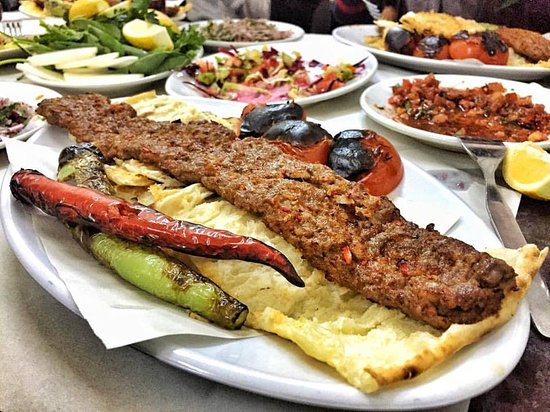
================================================================================
Baklava
Location: Turkey
Brief description: Baklava is a rich, sweet dessert pastry made of layers of filo filled with chopped nuts and sweetened and held together with syrup or honey.
Link: https://en.wikipedia.org/wiki/Baklava
Student: Güngör Turan (team 6)
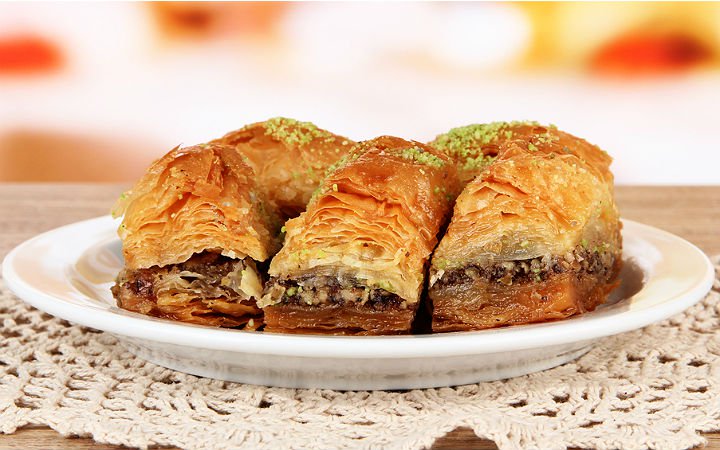
================================================================================
Mantı
Location: Turkey
Brief description: The dumplings typically consist of a spiced meat mixture, usually lamb or ground beefin a dough wrapper, and either boiled or steamed.
Link: https://en.wikipedia.org/wiki/Manti_(food)
Student: Güngör Turan (team 6)
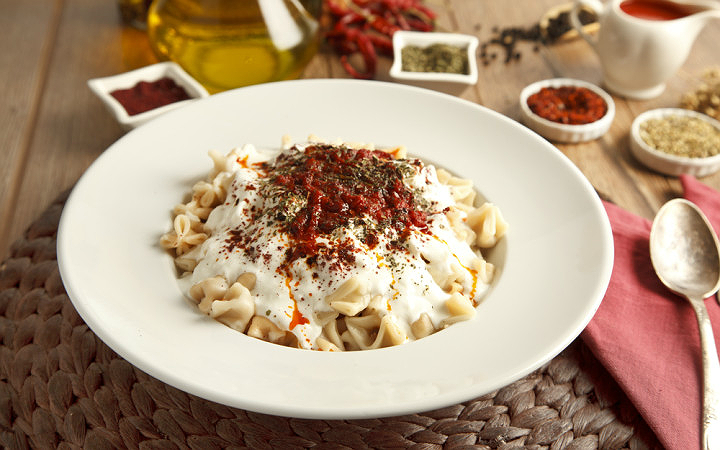
================================================================================
KEMENÇE
LOCATİON: Black Sea, Turkey
Brief description:Fiddle, rebap, thought to be related with string quartet violin-type bow with the help of the stolen traditional three-stringed instrument is the name of a folk, and classical fiddle fiddle of the Black Sea is referred to as in order to prevent confusion.
Link: https://en.wikipedia.org/wiki/Kemençe
Student: Ahmet Başak(team 6)

================================================================================
SAZ (Turkish Bağlama)
Location: Turkey
Brief description:The most commonly used string folk instrument in Turkey, the bağlama has seven strings divided into courses of two, two and three. It can be tuned in various ways and takes different names according to region and size: Bağlama, Divan Sazı, Bozuk, Çöğür, Kopuz Irızva, Cura, Tambura, etc. The cura is the smallest member of the bağlama family: larger than the cura is the tambura, tuned an octave lower. The Divan sazı, the largest instrument in the family, is tuned one octave lower still.
Link:https://en.wikipedia.org/wiki/Bağlama
Student:Ahmet Başak(team 6)
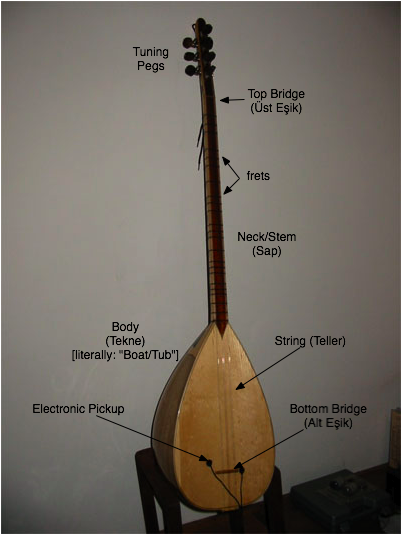
==============================================================================
Kaşık
Location: Turkey
Brief description:Kaşık (spoon) is a Turkish percussion instrument. The ones made from boxwood are particularly favoured. There are also different holding styles.
Link:https://en.wikipedia.org/wiki/Spoon_(musical_instrument)
Student:Ahmet Başak(team 6)

==============================================================================
Turkish Ney
Location: Turkey
Brief description:The Turkish ney is an end-blown reed flute, an Ottoman variation on the ancient ney. Together with the Turkish tanbur lute and Turkish kemençe fiddle are considered the most typical instruments of Classical Turkish music. The ney also plays a primary role in the music of the Mevlevi Sufi rites (semâ).
Link: https://en.wikipedia.org/wiki/Turkish_ney
Student:Ahmet Başak(team 6)

==============================================================================
Yağlı Güreş
Location: Turkey
Greasy wrestling: A type of free wrestling made by the body, which is greased with olive oil.
Link:https://www.turkcebilgi.com/ya%C4%9Fl%C4%B1_g%C3%BCre%C5%9F
Student:Mustafa Bilgin(team 6)

==============================================================================
AT BİNİCİLİĞİ
Location: Turkey
Horse riding:Horseback riding is horseback riding knowledge and art. It forms the basis of equestrian sports.
Link:http://www.atasporlarivakfi.org/ata-sporlarimiz/at-biniciligi/
Student:Mustafa Bilgin(team 6)

==============================================================================
CİRİT
Location: Turkey
JAVELIN:It is a sport game based on Central Asia, played on horseback. It is one of the oldest sports games of the Turks. It is played with long sticks called javelin (or cerit). The javelin is a well-chipped, 1-m long, dried-up stick after peeling. The most popular ones are oak or palm branches.
Link:http://www.bircokbilgi.com/cirit-oyunu-hakkinda-bilgi
Student:Mustafa Bilgin(team 6)
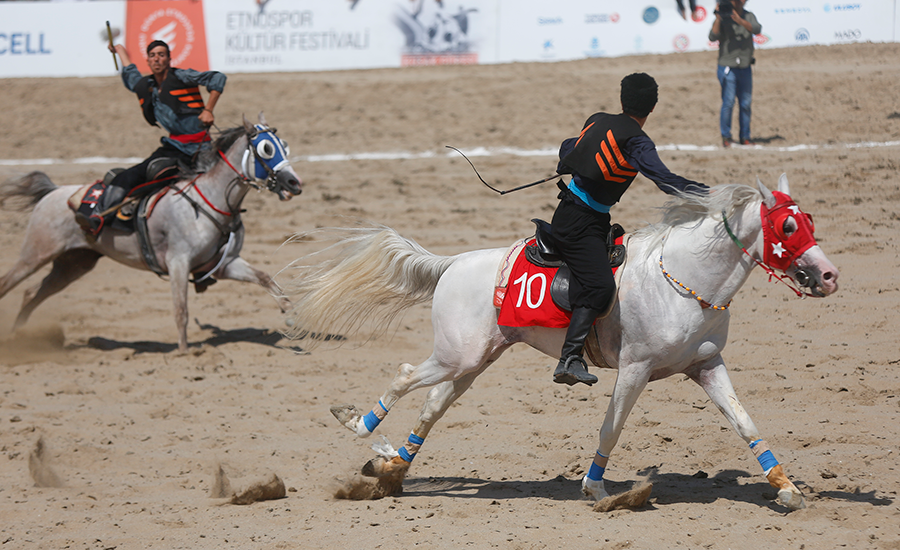
==============================================================================